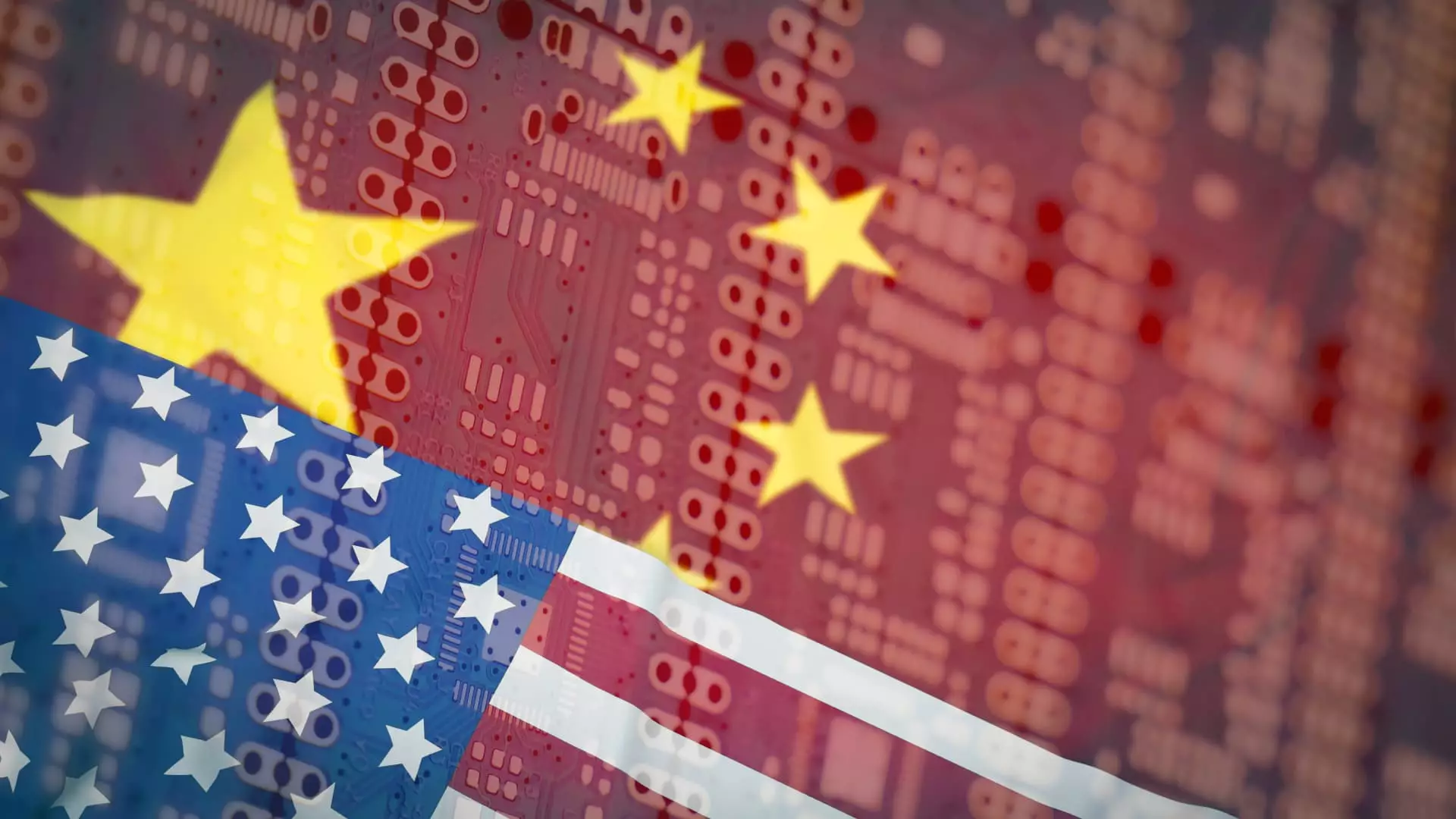The global spotlight on generative artificial intelligence has predominantly been on American tech giants like OpenAI, Google, and Meta. However, in the past 18 months, several Chinese tech companies, including Alibaba and Tencent, have entered the AI race by launching their own AI models. This move by Chinese companies reflects the country’s ambition to establish itself as a key player in the AI space and intensifies the ongoing technology rivalry between China and the United States.
Generative AI Applications in China
Generative AI encompasses a wide range of applications, such as OpenAI’s ChatGPT, capable of producing text, images, and videos based on user inputs. These applications rely on massive AI models trained on extensive datasets, with Google’s Gemini being a prominent example. Chinese tech firms have had to navigate stringent regulations imposed by Beijing on AI models and their applications, underscoring the need for caution in deploying such technology.
Leading Chinese AI Models
Baidu, a major player in China’s internet landscape, was among the first companies in the country to introduce generative AI applications. Its AI chatbot, Ernie Bot, which competes with OpenAI’s ChatGPT, boasts 300 million users. Baidu’s latest model, Ernie 4.0, claims to match the capabilities of OpenAI’s GPT-4, demonstrating significant advancements in AI technology by Chinese companies.
Alibaba has also made strides in the AI space with its foundational models, Tongyi Qianwen, launched last year. These models, collectively known as Qwen, serve various purposes, from content creation to mathematical problem-solving. Alibaba has made certain versions of its Qwen models open source, allowing developers to leverage them for a wide range of applications. The deployment of Qwen models by over 90,000 enterprise users underscores Alibaba’s commitment to AI innovation.
Tencent, another tech giant in China, introduced its foundational AI model, Hunyuan, catering to companies across industries like gaming, social media, and e-commerce. Hunyuan’s proficiency in Chinese language processing and logical reasoning sets it apart in the AI landscape. Tencent’s integration of Hunyuan into its cloud computing services further enhances the accessibility of AI capabilities for businesses operating in diverse sectors.
Huawei has adopted a unique approach with its Pangu AI models, focusing on tailored solutions for specific industries like government, finance, and manufacturing. By offering AI models that can predict weather patterns or generate code and avatars, Huawei aims to address industry-specific needs effectively. The diversification of AI applications by Huawei underscores its strategy of catering to niche markets with specialized AI solutions.
ByteDance, the parent company of TikTok, joined the AI race with the launch of its Doubao model this year. Despite entering the competition later than its counterparts, ByteDance differentiated itself by offering the Doubao model at a more competitive price point. The model’s capabilities, including voice generation and code generation, position ByteDance as a formidable player in the evolving AI landscape.
The emergence of AI models by Chinese tech giants signifies a significant shift in the global AI ecosystem. As China continues to invest in AI research and development, the competition with American tech companies intensifies, setting the stage for innovation and technological advancement on a global scale. The proliferation of AI applications across diverse industries underscores the transformative potential of AI technology in shaping the future of digital innovation.

